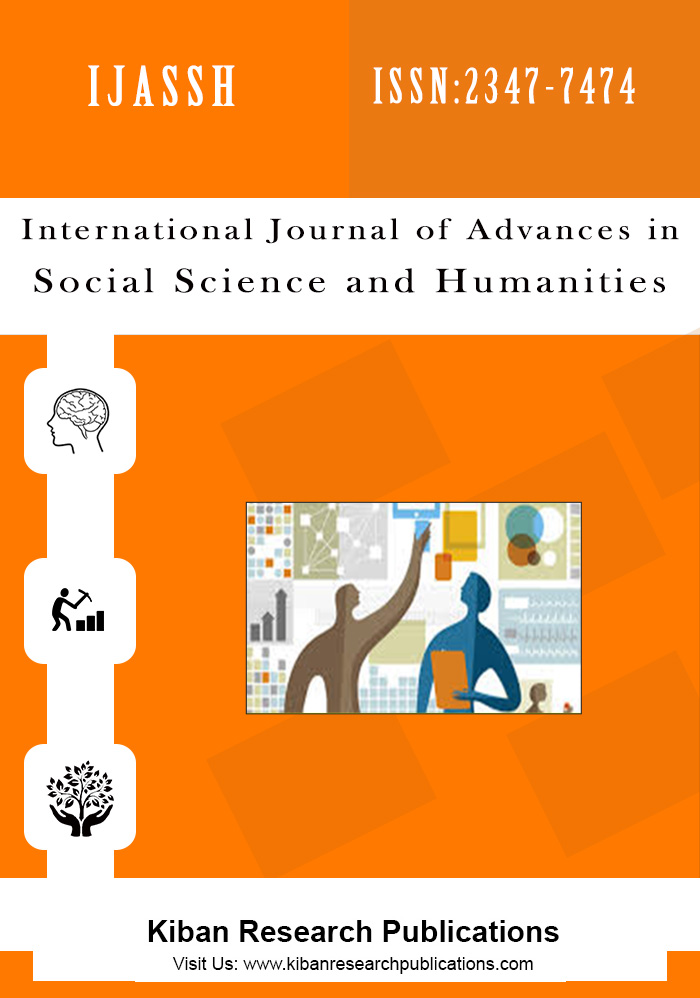A Brief Overview: On Mental Illness and Psycho-Social Treatment for Mental Illness
Abstract
Mental illness is typically a neglected issue in the developing world and is generally not even spoken of or recognized as a medical condition. There are only 5000 mental health professionals in India.Its saddening scenario that one in five people in India lives with a mental illness. According to the World Health Organization (WHO), countries like India devote less than 1% of their health budgets to mental health compared to 10%, 12%, and 18% in other countries. While there are as many as two crore (20 million) Indians suffering from mental illnesses, the country has only 3,500 psychiatrists and 1,500 psychiatric nurses to treat them. According to the Head of the Department of Psychiatry at New Delhi‘s G B Pant Hospital R C Jiloha, an estimated 1-2% of India‘s 100-crore plus population suffer from major mental disorders and about 5% of the population from minor depressive disorders. A major problem in developing countries is the existence of stigma towards mental illness and neurological disorders. Many patients are misunderstood as weak or dangerous. They are more likely to be the victims of violence rather than the perpetrators; it is an issue of human rights. This stigma leads to isolation, loss of social support and psychological distress. The Psycho social treatments are playing a vital role for solving the problem of mental illness in present society. Psychosocial treatments - including certain forms of psychotherapy (often called ―talk-therapy‖) and social and vocational training - are helpful in providing support, education, and guidance to people with mental illnesses and their families. Studies tell that psychosocial treatments for mental illnesses can help individuals decrease the negative effects of their illnesses and increase their functioning.
Â
Keywords: Mental illness, Psycho social treatment, Functioning of individual, Disorders.




